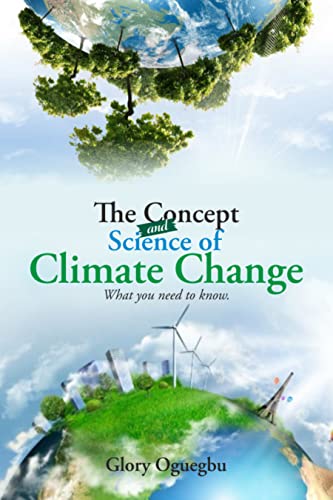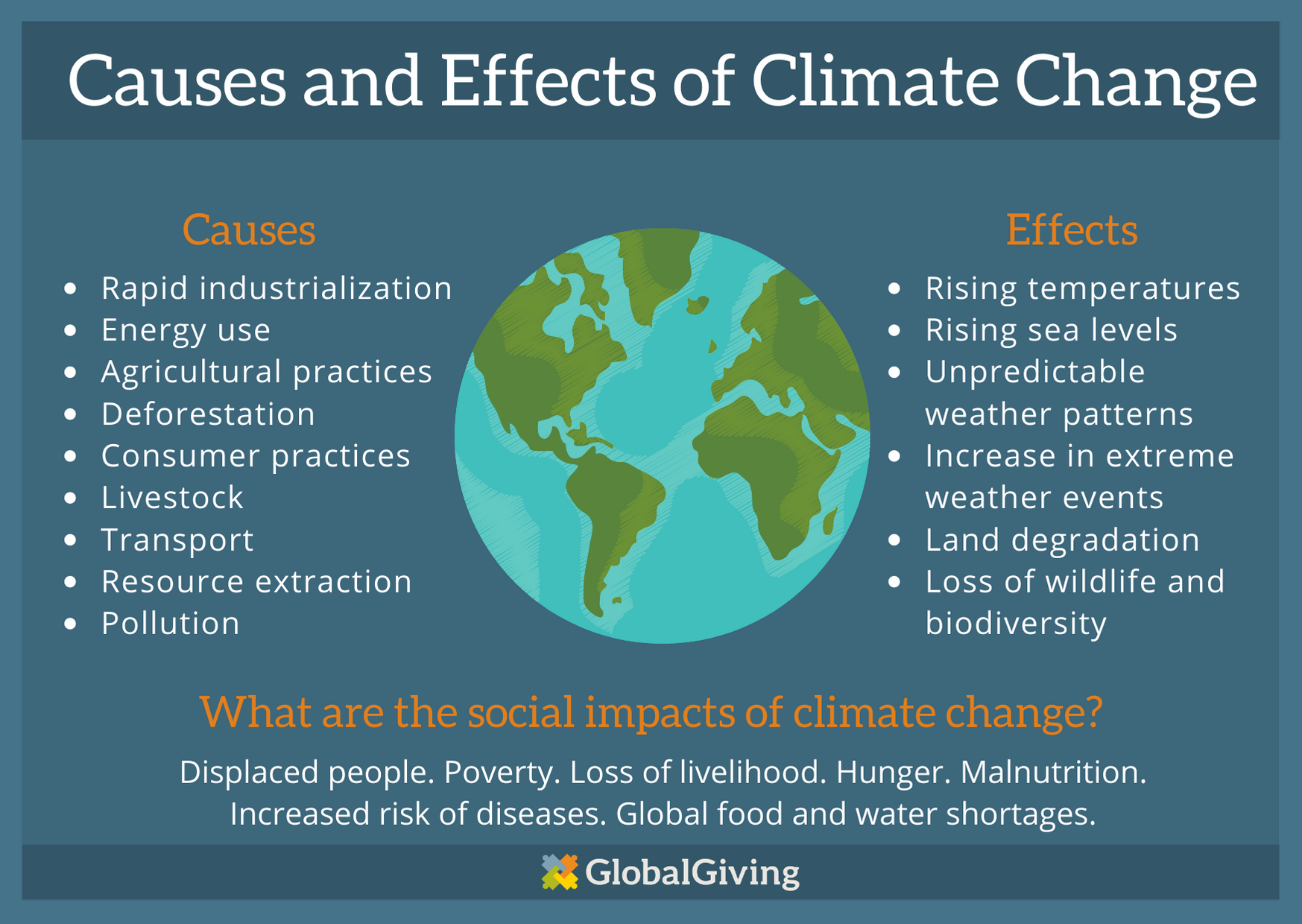The Science of Climate Change: What You Need to Know
Climate change is a complex and multifaceted issue that affects every corner of our planet. It’s a topic that has been discussed, debated, and studied for decades, and its effects are becoming increasingly evident. In this blog post, we’ll delve into the science of climate change, breaking down the key concepts, causes, and impacts. We’ll also explore what individuals, communities, and nations can do to mitigate its effects and work towards a sustainable future.
Understanding the Basics
Before we dive into the intricacies of climate change, let’s start with the basics. Climate change refers to long-term alterations in temperature, precipitation patterns, and other climatic parameters. It is primarily driven by the accumulation of greenhouse gases in the Earth’s atmosphere, which trap heat and lead to global warming. The most well-known greenhouse gas is carbon dioxide (CO2), but others, such as methane (CH4) and nitrous oxide (N2O), also play significant roles.
Causes of Climate Change
Burning Fossil Fuels: The burning of fossil fuels like coal, oil, and natural gas for energy production and transportation is the largest contributor to greenhouse gas emissions. These activities release CO2 and other pollutants into the atmosphere, increasing the Earth’s temperature.
Deforestation: Trees and forests act as natural carbon sinks, absorbing CO2 from the atmosphere. Deforestation, primarily driven by agricultural expansion and logging, reduces the planet’s ability to capture and store carbon.
Industrial Processes: Certain industrial processes release potent greenhouse gases, such as methane and fluorinated gases, into the atmosphere. These emissions result from activities like the production of cement, refrigeration, and chemical manufacturing.
Agriculture: Agriculture is a significant source of both CO2 and methane emissions. Practices like rice cultivation and livestock production release methane, while the use of synthetic fertilizers releases nitrous oxide.
Impacts of Climate Change
The consequences of climate change are far-reaching and impact various aspects of our lives, including:
Rising Temperatures: Global warming leads to higher average temperatures, causing more frequent and severe heatwaves. This can have dire consequences for human health, agriculture, and ecosystems.
Melting Ice and Rising Sea Levels: The warming of the planet has led to the melting of glaciers and polar ice caps. This results in rising sea levels, which threaten coastal communities and habitats.
Extreme Weather Events: Climate change is associated with an increase in extreme weather events, such as hurricanes, droughts, and heavy rainfall. These events can cause widespread destruction and disrupt food and water supplies.
Ecosystem Disruption: Changes in temperature and precipitation patterns can disrupt ecosystems, leading to shifts in species distribution and the endangerment of many plant and animal species.
Ocean Acidification: Increased CO2 levels in the atmosphere also lead to higher CO2 concentrations in the oceans, resulting in ocean acidification. This can harm marine life, including coral reefs and shellfish.
Taking Action
While the science of climate change can be overwhelming, there are concrete steps that individuals, communities, and governments can take to address this global challenge:
Reduce Carbon Footprint: Individuals can reduce their carbon footprint by using energy-efficient appliances, driving less, and consuming less meat and dairy. Reducing, reusing, and recycling also play a role in reducing emissions.
Transition to Clean Energy: Transitioning to renewable energy sources like solar and wind power can significantly reduce greenhouse gas emissions from the energy sector.
Support Sustainable Agriculture: Supporting sustainable farming practices can help reduce emissions from agriculture. This includes promoting organic farming and reducing food waste.
Advocate for Policy Change: Advocating for policies that limit greenhouse gas emissions, such as carbon pricing and renewable energy incentives, can have a significant impact at the national and global levels.
Educate and Raise Awareness: Spreading awareness about climate change and its consequences is essential. Education and advocacy can drive collective action and influence policymakers.
Conclusion
The science of climate change is well-established, and the evidence of its impacts is growing stronger every day. It’s a global problem that requires global solutions, but individual actions also play a crucial role. By understanding the science behind climate change and taking steps to reduce our carbon footprint, we can work together to mitigate its effects and build a more sustainable future for generations to come. Climate change may be a complex issue, but with knowledge and collective action, we have the power to make a positive difference.





